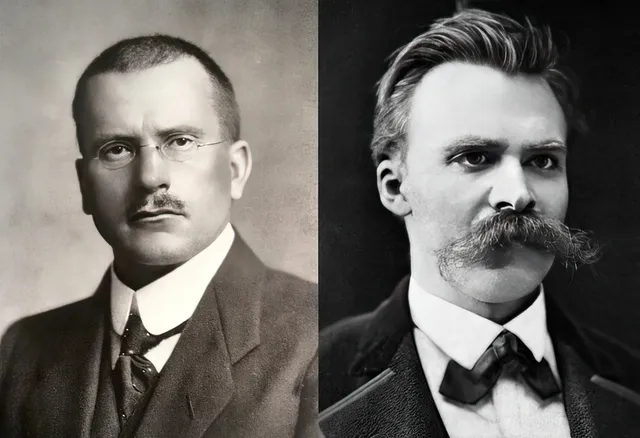What is Diwali?

Can you imagine a festival that combines the best features of the most popular festivals in the United States? New year’s day is the day to make new resolutions and renew friendships. Independence day is the day of patriotism and fireworks. Halloween is the time for trick or treats. Thanksgiving is the festival to count our blessings. Christmas is the holiday to exchange gifts and decorate the houses with strings of electric bulbs. The spirit and magic of each of these festivals are borrowed and blended into a single festival called Diwali in India. This does not mean that Diwali is a recent festival. As a matter of fact, it has been celebrated for at least 2,500 years.
Festival is called Utsav in Sanskrit. It is derived from two words Ut (excitement) and Su (creation). That which creates excitement is called Utsav. This applies to most of the festivals, but particularly applicable to Diwali. The festival comes every year, but everyone acts as if they are celebrating it for the first time. The spirit and the magic fascinate them, and the air is charged with anticipation and enthusiasm. Many people try to outdo the neighbor’s house decorations, firecrackers, and expensive gifts by spending beyond their means. They may end up being poor as a result of worshiping Lakshmi, the Goddess of wealth! Diwali should not make you a Diwala (bankrupt)!
Diwali, an abbreviation of the Sanskrit word Deepavali, literally means A Row of Lights. It is celebrated in a row of five days on the last three days of the dark fortnight of Ashwin and the first two days of the bright fortnight of Karthika month (October — November). Diwali is the five-day festival of lights and the word “light” means different things to different family members. For men, it is putting up the lights outside the house. For women, it is the lighting up the stove to cook delicious dishes. For children, it is lighting up the firecrackers. For everyone, it means rekindling the old friendships.
Five Days Of Diwali Dhana Troyodoshi or Dhon Terosh
The first day (13th day of dark fortnight of Ashwina) is reserved to make preparations for the worship of Lakshmi, the Goddess or wealth. This is the day to buy new clothes, utensils, and household supplies for the coming year. Men shop for new account ledgers for the business and firecrackers for the children. Women purchase the puja items: Divas (earthen lamps), Hatri (a small mud house with an idol of Lakshmi), Kheel (puffed rice), Batasha (flat candy) and other sweets.
Noroko Chaturclashl or Chhoti (little) Diwali
The second day (14th day of dark fortnight of Ashwina) commemorates the victory of Lord Krishna over Naraka, the king of Pragjyotispura (present-day Assam). As per the legend, Naraka had imprisoned 16,000 women in his palace. Krishna, residing in Dwaraka (in Gujarat) at that time, traveled to Naraka’s kingdom with the aid of his wife Satyabhama as his charioteer. After a fierce battle, Naraka was killed, and the women are liberated. The king is also called Narakasura, Naraka the demon. Symbolically, the effigies of Naraka are burnt on this day.
After the death of Naraka, his mother prayed to Lord Krishna to declare this day as a commemoration of the downfall of her evil son and the victory of the good people.
After the battle was over, Krishna took an oil bath to relieve the tension. This action has become a tradition. The young and the old in the family wake up bright and early in the morning and take an oil bath before sunrise. People greet their friends and relatives by asking “Have you had your Ganges bath?” The usual reply: “Yes, by the favor of your blessing!” They greet each other, “Please forget and forgive all my mistakes and our misunderstandings during the last year. Let us make a new beginning!”
Diwali is also the day when Hanuman, the son of the wind-god Vayu and a great devotee of Rama, arrived in Ayodhya to inform the family and the citizens of the kingdom about the arrival of Rama, Sita, and Lakshmana the following day. In some parts of the country, pujas are performed to invoke the blessing of Hanuman.



